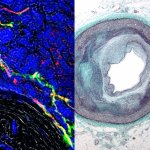
News • Insights into atherosclerosis
How diseased blood vessels 'talk' to the brain
An international team has for the first time demonstrated that nerve signals are exchanged between clogged up arteries and the brain.

An international team has for the first time demonstrated that nerve signals are exchanged between clogged up arteries and the brain.
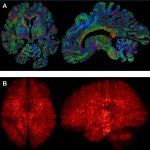
A team led by scientists from Amsterdam have combined MRI and microscopy to produce 3D images of two entire brains with a previously unmatched level of detail.
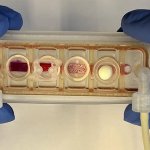
A major advance demonstrates first multi-organ chip made of engineered human tissues linked by vascular flow for improved modeling of systemic diseases like cancer.
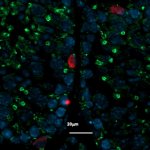
In order to better prevent and restore fertility and reduce the risk of sterility in cancer survivors, researchers investigate the mechanisms behind negative effects of chemotherapy.
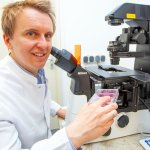
An international research team has now found an approach to lower the activation of hepatic stellate cells (HSCs) and reduce the associated development of liver fibrosis.
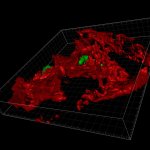
A protein vital in determining the organs affected by metastasis has been identified by Swiss researchers. This could lead to the development of therapeutic approaches to suppress metastasis.

A global analysis of nearly 6 million Covid-19 deaths finds an increase in mortality at weekends compared to weekdays. Bureaucratic and reporting delays alone do not explain this, researchers report.
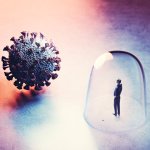
By comparing the infectious viral load caused by ancestral SARS-CoV-2 as well as by the Delta and Omicron variants, scientists highlight the benefits of vaccination.
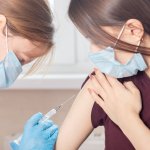
A new study enables developers to determine vaccine safety via smart sensors that measure objective physiological parameters. This could end the reliance on subjective reports of study participants.

Around 33% of GPs are likely to quit direct patient care within five years, according to a UK survey. The high percentage of young physicians is especially alarming.
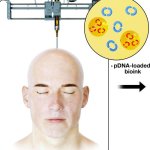
An international team of engineers is bioprinting bone along with two growth factor encoding genes that help incorporate the cells and heal defects in the skulls of rats.

Sleep problems could hint at a heightened risk of heart disease, caution experts at the ESC Preventive Cardiology 2022 congress.
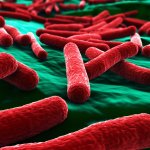
In the human intestine, Escherichia coli is mostly harmless, but in certain conditions causes bladder infections and even sepsis - but why? Researchers went to the bottom of this transformation.

Modern medicine offers “peel and stick” solutions like nicotine or contraceptive patches to put right on the skin without needing to visit a doctor for an injection or procedure. Now, researchers have found that applying a topical ointment containing anti-tumor factor can increase the effectiveness of cancer treatment.

3D-printed sugar models of dense and chaotic blood vessel networks near tumors could help future cancer treatments.
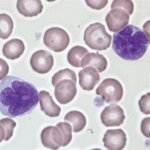
Scientists from Hokkaido University have identified new targets for treating Adult T-cell leukemia/lymphoma (ATLL), an aggressive form of blood cancer with existing drugs.
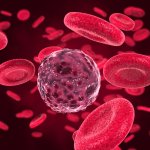
New insights in the metastasis process: tumour cells pass themselves off as platelets to go undetected in the bloodstream, researchers from Granada have discovered.

A new study has found that women’s health research remains disproportionately focused on the reproductive years, with few articles on the major causes of illness and death in women.
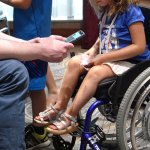
The diagnosis is rare, but devastating – children with congenital muscle disorders often never learn to walk. Now, researchers from Basel present a possible therapeutic approach for the first time.
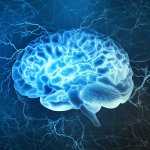
Scientists are developing a novel method for treating brain haemorrhages which it is hoped could reduce the risk of brain damage and disability and increase patients’ chances of survival.

Researchers have found another long-term complication associated with Covid-19 infections: peripheral neuropathy during and following their bouts with the virus.
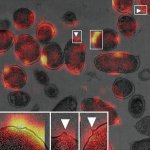
Researchers find that drug-resistant bacteria can be distinguished from non-resistant bacteria based on structural changes evident in electron microscope images with high accuracy using deep learning.
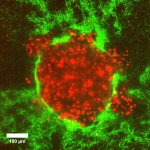
Model tumour systems could help explain whether pressure differences can push cancer cells into their surroundings – a basic mechanism behind metastasis.

People who were bedridden for at least a week due to Covid-19 are more likely to experience anxiety and depression for up to 16 months after the infection, a new study shows.
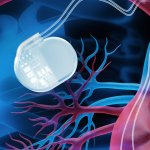
An anti-inflammatory drug incorporated into the coating around an implantable electronic medical device – such as a pacemaker – can reduce the body’s "foreign body" reaction.